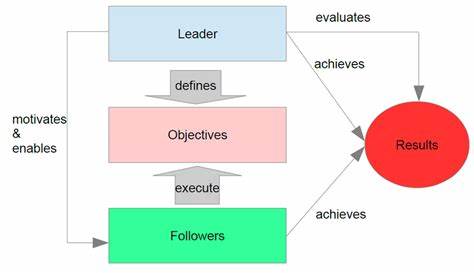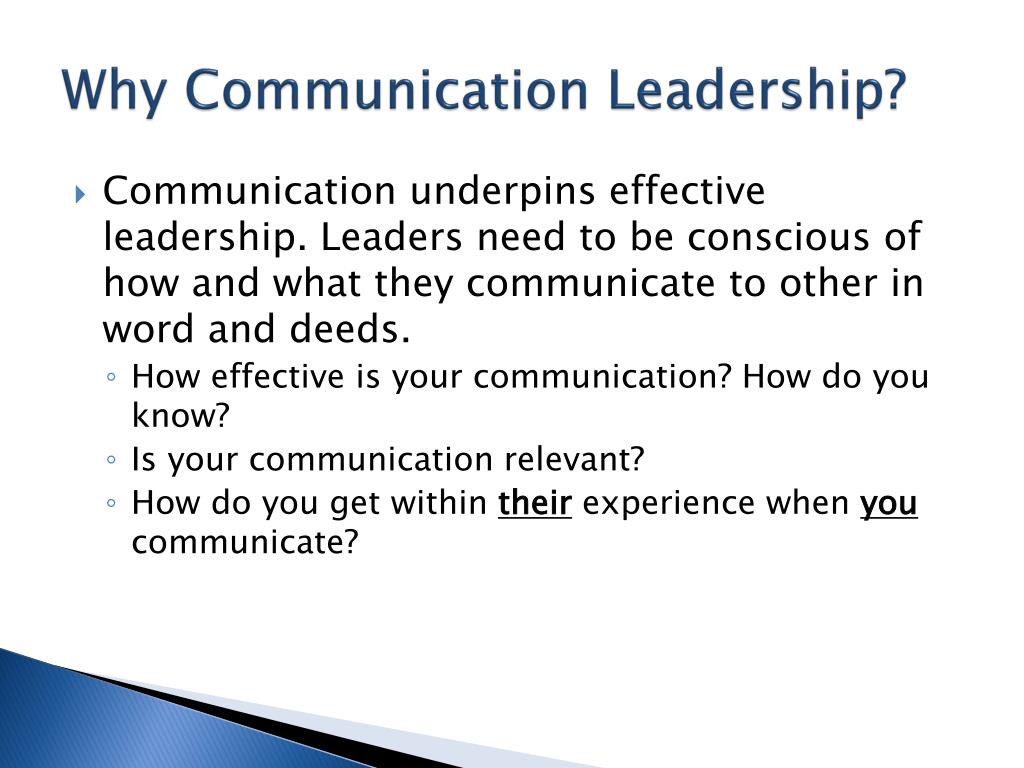Leadership isn’t just a position; it’s a set of qualities that empower individuals to guide, inspire, and drive change. Becoming a leader involves overcoming barriers that might impede progress. Let’s explore the four common obstacles that often hinder aspiring leaders from reaching their full potential.
Table of contents
Lack of Self-Confidence
Understanding the Impact on Leadership Development
One significant factor holding individuals back from leadership roles is a lack of self-confidence. This absence can undermine decision-making, limit assertiveness, and inhibit the ability to take risks—key components of effective leadership.

Strategies to Build Self-Confidence
To combat this hurdle, engaging in self-reflection, setting achievable goals, and seeking feedback are instrumental. Embrace challenges, focus on strengths, and gradually push comfort zones to foster self-assurance crucial for leadership growth.
| Strategies to Build Self-Confidence | Explanation |
| Self-reflection | Take time to introspect and understand your strengths, weaknesses, and areas of improvement. Reflect on past successes to identify patterns that contribute to confidence. |
| Setting achievable goals | Establish realistic and measurable objectives. Accomplishing these goals incrementally boosts confidence by showcasing progress and competence. |
| Seeking feedback | Actively solicit constructive criticism and feedback from peers, mentors, or colleagues. Use this insight to improve and refine skills, enhancing confidence in abilities. |
| Embracing challenges | Confront and tackle challenges head-on rather than avoiding them. Overcoming obstacles builds resilience and proves your capability, bolstering self-assurance. |
| Focusing on strengths | Recognize and leverage your strengths. Emphasizing what you excel at provides a strong foundation for confidence, allowing you to shine in your areas of expertise. |
| Pushing comfort zones gradually | Expand boundaries gradually by stepping out of your comfort zone. Each small step taken outside familiar territory contributes to increased self-assurance and growth. |
Fear of Failure
Recognizing its Impact on Leadership Growth

Fear of failure often paralyzes potential leaders, creating a reluctance to take risks or pursue innovative ideas. However, failure is an integral part of the learning process and shouldn’t hinder leadership aspirations.
Overcoming Fear of Failure
By reframing failures as opportunities for growth, embracing resilience, and learning from setbacks, individuals can conquer the fear of failure. Embracing a growth mindset enables leaders to view challenges as stepping stones toward success.
Reframing Failures:
- Mindset Shift: View failures as learning experiences rather than endpoints.
- Learning Opportunities: Analyze what went wrong and what can be improved upon.
- Normalize Failure: Understand that it’s a natural part of progress and success.
Embracing Resilience:
- Adaptability: Develop the ability to bounce back and adapt in the face of setbacks.
- Positive Outlook: Focus on strengths and past successes to build resilience.
- Self-Compassion: Be kind to yourself during challenging times to foster resilience.
Learning from Setbacks:
- Reflective Practice: Evaluate failures objectively, identifying lessons and takeaways.
- Iterative Approach: Implement changes based on lessons learned to improve outcomes.
- Seek Feedback: Gather insights from others to gain different perspectives.
Resistance to Change
Understanding the Relationship between Leadership and Adaptability

Leadership requires adaptability and the capacity to navigate through change. Yet, many aspiring leaders struggle due to a resistance to change, preferring comfort over evolution.
Techniques to Embrace Change
Adopting an open mindset, embracing continuous learning, and fostering a culture of innovation can help leaders navigate and lead through change effectively.
Poor Communication Skills

Role of Communication in Leadership
Effective leadership hinges on robust communication. A lack of adept communication skills can hinder the conveyance of vision, goals, and directives, impeding overall progress.
Developing active listening skills, clarity in expression, and empathy are pivotal for effective communication. Engage in workshops, seek mentorship, and practice articulating thoughts to enhance communication prowess.
Conclusion
Becoming a leader involves transcending personal barriers. Addressing self-confidence issues, overcoming the fear of failure, embracing change, and refining communication skills are pivotal steps toward unlocking leadership potential.
Read more:
Revamping Your Management and Leadership Approach
How Leaders Can Promote Togetherness Without Compromising Individuality
Most Important Factors for Startup Success
Sustainable Entrepreneurship: Balancing Profit and Purpose
FAQs
Building self-confidence varies for each individual, but consistent efforts and self-reflection can yield progress over time.
No, failure is an opportunity for growth and learning essential lessons for effective leadership.
Strong communication skills are fundamental, but leadership encompasses various qualities beyond communication.
Yes, many individuals prefer comfort zones, which can hinder their progress towards leadership due to resistance to change.


